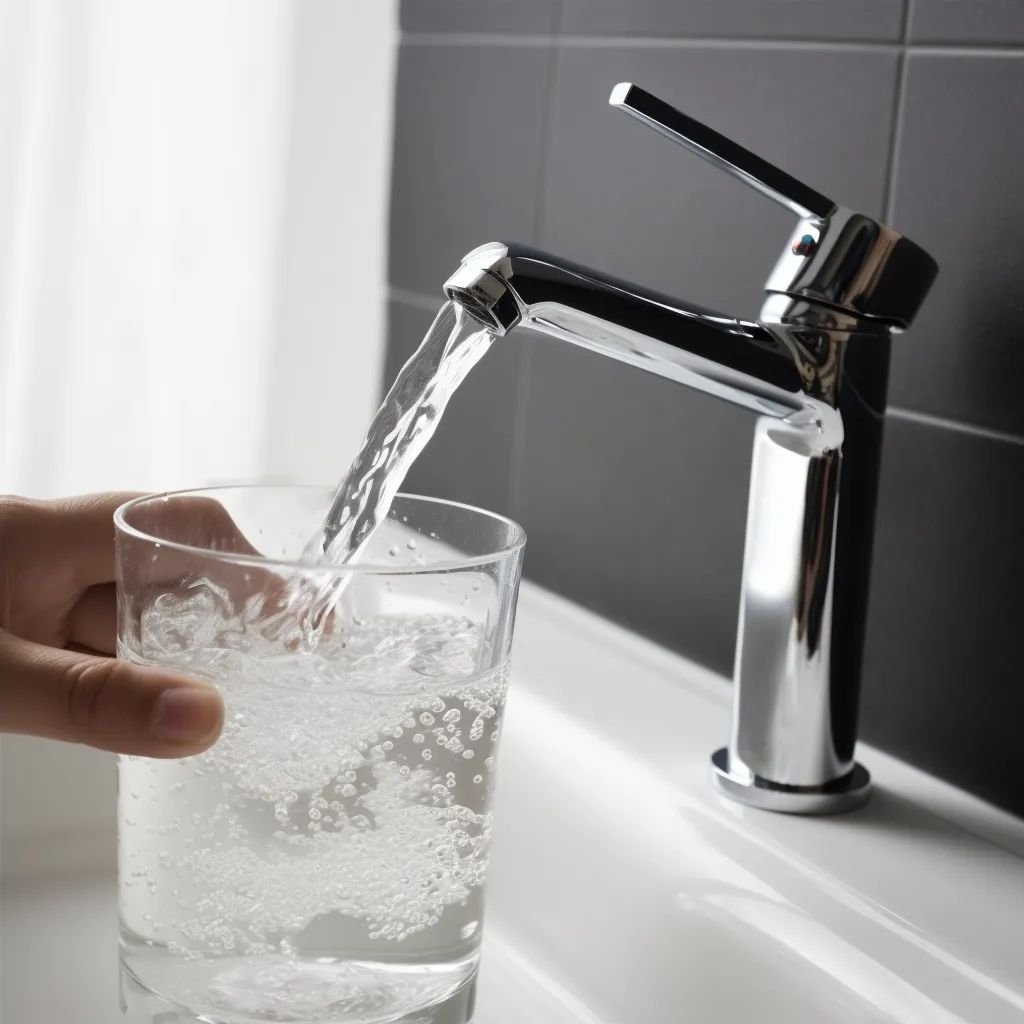When it comes to household water use, we often don’t think twice about the water we drink from the kitchen tap, yet many people hesitate when it comes to drinking from the bathroom faucet. The question of whether it is safe to drink water from the bathroom tap is not uncommon, and the concerns are legitimate considering the differences in the plumbing systems that service bathrooms and kitchens.
In this article, we’ll delve into the factors that can influence the safety of your bathroom tap water and what measures can be taken to ensure the water you consume from any faucet in your home is clean and potable.
Understanding the Bathroom Plumbing System
Many people are concerned about drinking from a bathroom faucet due to the belief that the water quality differs from the kitchen. However, in most modern homes, the water that supplies both the kitchen and bathroom is sourced from the same main pipe, meaning the quality is typically the same.
It is worth noting that the pipes leading to a bathroom faucet might be longer and more complex than those to a kitchen faucet. This can slightly affect water stagnation and temperature consistency.
Considerations for Bathroom Faucet Water Quality
Point-of-use: The quality of water can be altered by the pipes and fixtures it passes through. Older homes may have lead solder or pipes which can leach into standing water, potentially making it unsafe.
Frequency of use: Kitchen taps are often used more frequently, meaning the water is less likely to stand in the pipes for long periods of time. Stagnant water can accumulate microorganisms or undesirable taste and odor.
Cleaning Products: Bathrooms are generally cleaned with a variety of chemicals, and if these products come into contact with the faucet, there is a small risk of contamination unless the faucet is cleansed thoroughly after each use.
Ensuring Safe Drinking Water from the Bathroom Faucet
Flush the Tap: Before drinking, run the water for a minute or so to flush out any stagnant water that may have collected any substances from the pipes.
Regular Maintenance: Keep your faucets and plumbing system routinely maintained. If you have any concerns about older pipes, consider having them inspected and possibly replaced with newer materials.
Water Filtration: To guarantee safe drinking water from any faucet, install a water filtration system that can reduce contaminants, improve taste, and ensure safety.
Water Testing: If you have serious concerns about the water quality, you can get it tested by a professional for peace of mind. This is especially recommended if lead pipes or solder are suspected.
In conclusion, while it may be psychologically more comforting to drink from the kitchen tap, water from a properly maintained bathroom faucet in a modern home is generally safe to drink. It’s crucial, however, to be aware of the factors that can affect water quality, such as the age and condition of your plumbing, and to take the necessary steps to ensure that you’re consuming clean, safe water. Regular maintenance, proper flushing techniques, water filtration, and testing when needed can all contribute to providing a safe drinking water supply from any faucet in your house.
